8, April 2018
Millions of French commuters face wave of railway strikes 0
Millions of French commuters and holidaymakers faced another wave of crippling transport stoppages on Sunday, as rail workers protested at President Emmanuel Macron’s economic reform plans and some unions warned they could step up strike action.
Train staff last week kicked off three months of nationwide rolling strikes in a dispute over the government’s planned overhaul of state-run rail firm SNCF, in the biggest challenge yet to Macron’s attempts to modernize the French economy.
Just over a third of workers needed to make the train network run smoothly were expected to walk out on Sunday, a dip in participation compared to the last 48 hours of walkouts on Tuesday and Wednesday, the SNCF said.
But some labor unions have already signaled a hardening stance as negotiations with ministers over the reforms hit a wall. Officials at the Communist-rooted CGT said on Friday that strikes could drag on well beyond June if nothing shifted.
Laurent Brun, head of the CGT’s railway section, added that workers were ready for a “marathon” if needed.
Unions have so far called strikes for two days out of every five until the end of June, to fight a shake-up of monopoly SNCF before it is opened to competition in line with European Union rules.
That includes ending job-for-life guarantees and early retirement for rail workers, which the government argues will help transform the heavily-indebted company into a profitable public service.
Workers have hit back with complaints that the SNCF was being dismantled to pave the way for a privatization.
The showdown between Macron and the rail unions is one of the toughest tests yet of the former investment banker’s presidency.

The 40-year-old came to power last May on a promise to shake up Europe’s second-biggest economy, in a bid to modernize some of France’s creaking institutions, and spur jobs growth. Macron has so far liberalized labor regulations for instance.
But locking horns with the rail sector has backfired on previous French governments — paralyzing train strikes in 1995 forced prime minister Alain Juppe to pull planned reforms — and unions are seeking to show they still have clout.
Some insisted they did not want a drawn-out conflict but called on Macron’s government to compromise.
“The ball is in the government’s court,” Laurent Berger, head of the CFDT union, told Europe 1 radio on Saturday. The CFDT is also joining stoppages called for Sunday and Monday.
The government has so far said it will stand firm on the main points of the reform.
“The status quo is not viable,” Prime Minister Edouard Philippe said in an interview published in Le Parisien newspaper on Sunday. “It’s urgent, we need to advance, and everyone should know we are determined to see this through to the end.”
Though nowhere near as potent, the various protests come as France prepares to mark the 50th anniversary of the student-led riots of May 1968, which gridlocked the country and led to the adoption of more progressive social policies.
Disruptions on Sunday were set to hit local trains as well as regional high-speed trains and some international journeys.
(Source: Reuters)

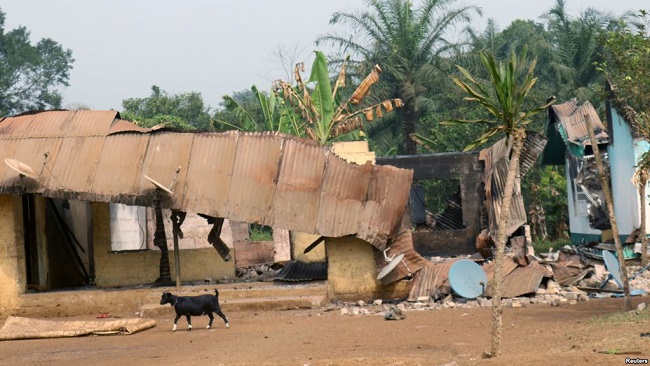



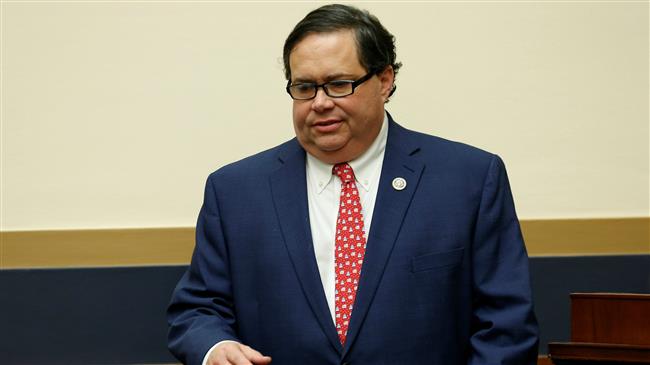


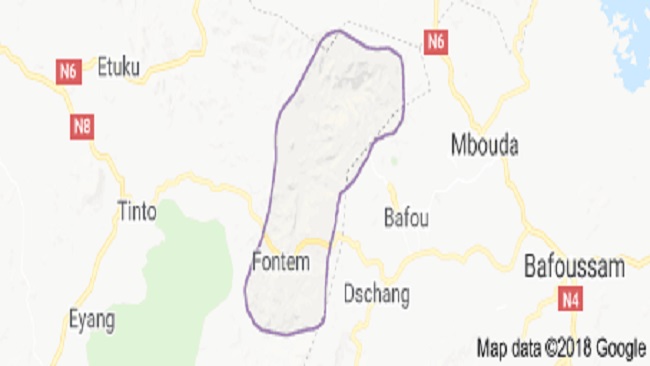
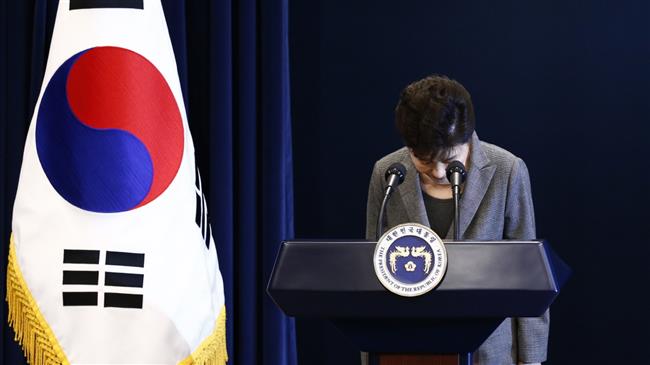

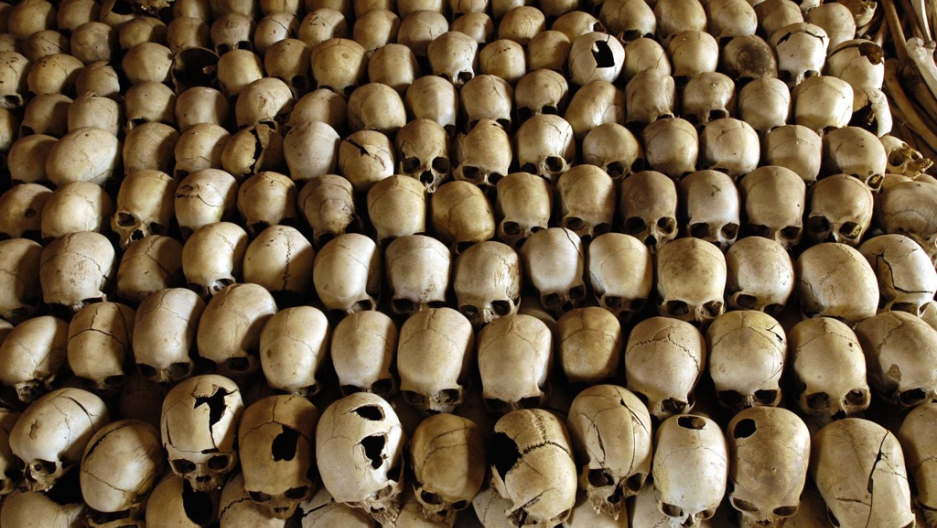
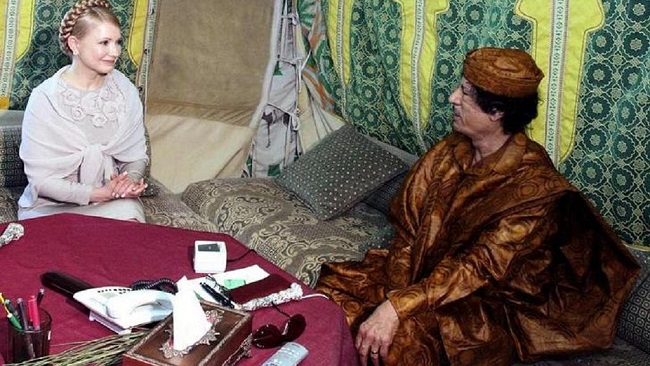

















8, April 2018
Iran: Foreign Minister to head big delegation to Africa, Latin America 0
Iran’s Foreign Minister Mohammad Javad Zarif on Sunday will begin a four-leg tour of African and Latin American countries to discuss the strengthening of relations.
Foreign Ministry spokesman Bahram Qassemi said the top diplomat will head a ranking political and economic delegation on the tour, which will take him to Senegal, Namibia, Brazil, and Uruguay.
Also accompanying him are representatives of dozens of Iranian companies as well as entrepreneurs from commercial, economic, and science-based spheres of activity, who hail from public and private sectors.
The minister will be holding meetings with political, economic, and parliamentary officials from the four countries. He will also be delivering addresses at joint economic and commercial gatherings as well as some think tanks.
Zarif last toured Africa last October, visiting South Africa, Uganda, and Niger.
He went on a six-leg Latin America tour a year earlier, traveling to Cuba, Nicaragua, Ecuador, Chile, Bolivia, and Venezuela.
The Islamic Revolution in 1979 resulted in a fundamental overhaul of Iranian foreign policy, changing its focus from the West to the developing world.
The former government of President Mahmoud Ahmadinejad promoted the notion of an Iranian “South-South” strategy, aiming to expand relations with Africa and Latin America. In 2006, Ahmadinejad famously attended the African Union summit in Gambia as a guest of honor.
Source: Presstv